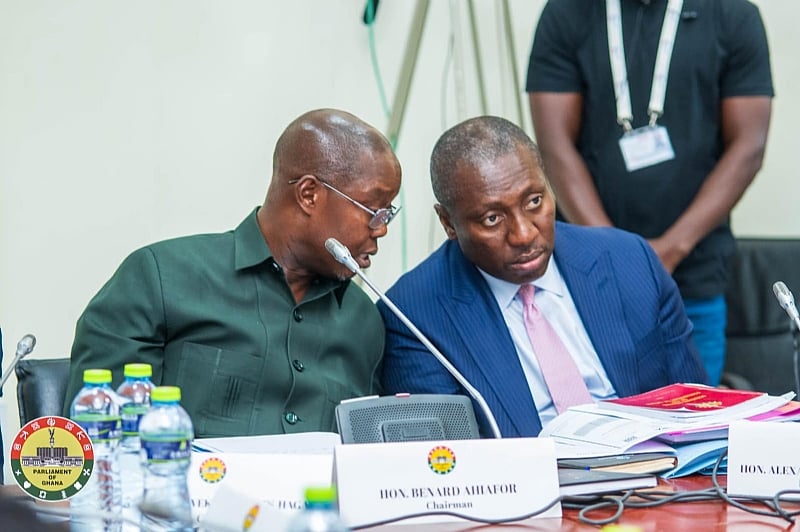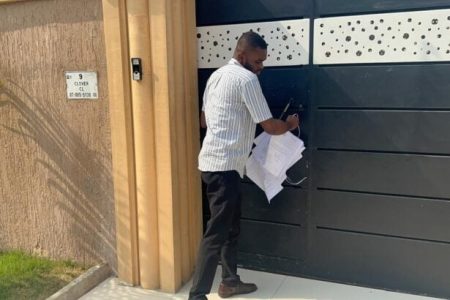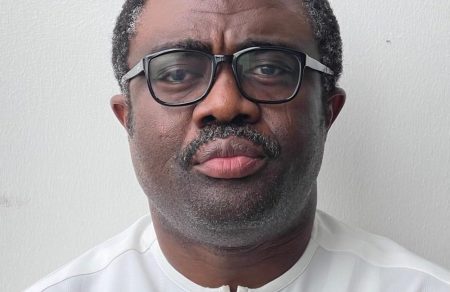The Appointments Committee of Parliament is poised to commence its rigorous vetting process on Monday, February 24, 2025, scrutinizing the qualifications and suitability of a group of ministerial nominees put forward by the President. This initial phase will focus on four individuals: Lydia Lamisi Akanvariba, nominated for the crucial role of Minister of State for Public Sector Reforms, along with three deputy ministerial nominees: Thomas Nyarko Ampem for Finance, Ebenezer Okletey Terlabi for the Interior, and Sampson Ahi for Trade, Agribusiness, and Industry. The vetting process serves as a critical checkpoint in the appointment process, ensuring that individuals entrusted with significant governmental responsibilities possess the necessary expertise, integrity, and commitment to serve the nation effectively. The Committee’s deliberations will delve into the nominees’ professional backgrounds, policy stances, and overall suitability for their respective roles.
The Appointments Committee, a constitutionally mandated body comprising members of Parliament from both the majority and minority parties, plays a vital role in upholding the principles of transparency and accountability in the appointment of high-ranking government officials. The vetting process typically involves a detailed examination of the nominees’ curriculum vitae, followed by a series of questions posed by committee members. These questions cover a wide range of topics relevant to the nominee’s designated portfolio, including their understanding of the challenges and opportunities facing the ministry, their proposed policy initiatives, and their commitment to ethical conduct. The public nature of these proceedings allows citizens to gain insights into the qualifications and perspectives of the individuals who will be shaping public policy and overseeing the implementation of government programs.
To ensure a focused and efficient vetting process, the Appointments Committee has implemented a protocol limiting the number of guests accompanying each nominee to ten. This measure, as emphasized by Alhassan Umar, Member of Parliament for Zabzugu and a member of the Appointments Committee, is intended to maintain order and facilitate the smooth flow of proceedings. The restriction on guest numbers allows the committee members to concentrate on their questioning and deliberations without distractions, ensuring a thorough and comprehensive evaluation of each nominee. This approach underscores the committee’s commitment to conducting a rigorous and unbiased assessment, prioritizing the national interest above all other considerations.
The vetting schedule outlines a structured approach, with a clear timeline for considering each nominee. Following the initial four nominees on Monday, the committee will proceed to vet three additional nominees on Tuesday and another four on Wednesday. The remaining nominees, initially slated for Thursday, will be vetted on Friday, February 28th, due to the President’s scheduled State of the Nation address. This meticulous scheduling demonstrates the committee’s commitment to dedicating sufficient time and attention to each nominee, ensuring a thorough and comprehensive evaluation of their qualifications.
The complete list of deputy ministerial nominees, spanning a diverse range of portfolios, underscores the breadth of responsibilities within the government. These nominees represent a cross-section of expertise and experience, reflecting the government’s commitment to assembling a capable and diverse team to address the complex challenges facing the nation. The nominees include individuals with backgrounds in finance, security, defense, education, energy, infrastructure, justice, natural resources, local governance, housing, tourism, agriculture, and trade. This diverse range of expertise highlights the multifaceted nature of government operations and the importance of appointing individuals with the specific skills and knowledge required for each sector.
The nominees include individuals such as Ernest Brogya Gyenfi for Defence, Clement Abas Apaak for Education, Richard Gyan-Mensah for Energy & Green Transition, Alhassan Sayibu Suhuyini for Roads & Highways, Justice Srem-Sai for Justice & Attorney General, Yusif Sulemana for Lands & Natural Resources, Rita Naa Odoley Sowah for Local Government, Chieftaincy & Religious Affairs, Gizella Tettey-Agbotui for Works, Housing & Water Resources, Yussif Issaka Jajah for Tourism, Culture & Creative Arts, and John Kofi Setor Dumelo for Food & Agriculture. These nominations reflect the government’s commitment to selecting individuals with a deep understanding of their respective sectors, capable of formulating and implementing effective policies to address the challenges and opportunities within their respective domains. The vetting process will provide an opportunity for the public to scrutinize these nominees and assess their suitability for the roles they have been nominated for, ensuring that the government is held accountable for its appointments.














